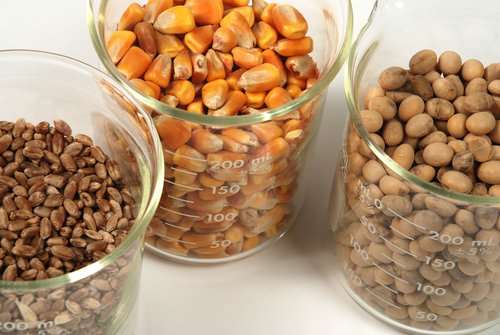GFO made the announcement May 25
By Diego Flammini
Assistant Editor, North American Content
Farms.com
Grain farmers across Ontario have invested a combined $1.25 billion into inputs for this season’s crops.
According to OMAFRA’s 2016 Field Crop Budget pre-acre input costs and Stats Canada’s March 2016 principal field crop areas, Ontario grain farmers have invested in seeds, seed treatments, fertilizers and pesticides.

Farmers are always investing heavily despite the fact they may not have a successful season.
“Every year farmers invest significant financial resources in their crops,” says Mark Brock, Chair of Grain Farmers of Ontario in a May 25 release. “At this time of year, our expenses are high and turning a profit at harvest is never a guarantee. It’s not uncommon for a farmer to spend several hundred thousand dollars just to get their crops started.”
Brock also noted that the inputs only cover a portion of the total costs a farmer has to navigate.
“There is a lot of risk, both environmental and financial, in grain farming,” says Brock. “Input costs are just one part of it – there are also labour costs, research and administration time, equipment maintenance and repairs, and a lot of personal energy spent on the land and crops.”